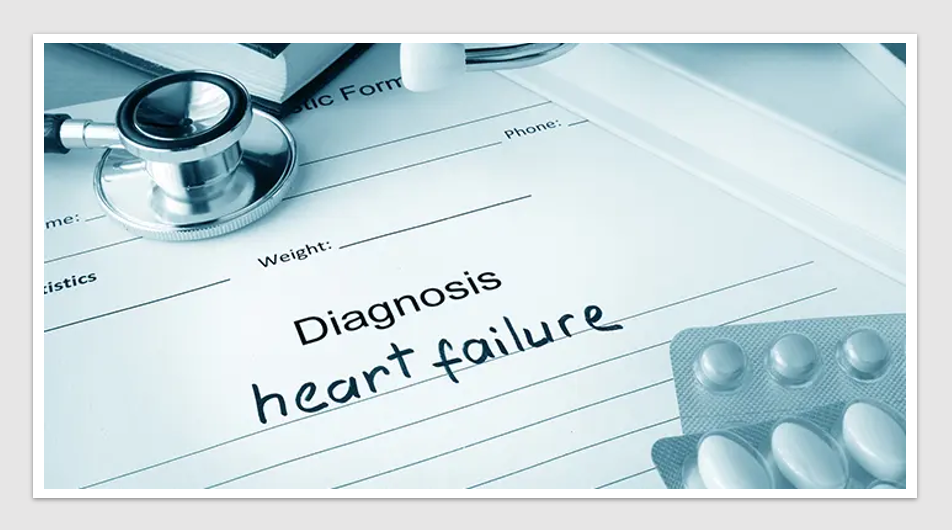News & Trends - Pharmaceuticals
Is the uncertainty around the efficacy of AstraZeneca’s COVID-19 vaccine justified?

Pharma News: Uncertainty about the efficacy of AstraZeneca’s COVID-19 vaccine in people over 65 years has caused some confusion in mainstream media reports, with some saying it may be much less effective in older people.
Hassan Vally, Associate Professor in Epidemiology at La Trobe University, said “The reports coming from German newspapers suggesting that the AstraZeneca vaccine may only have an efficacy of less than 10% amongst adults over the age of 65 years seems to be completely false. AstraZeneca have refuted the claims and on revisiting the relevant paper in The Lancet it is not immediately obvious to me where this number has come from.
“This is a good opportunity, however, to remind ourselves what we do and don’t know when it comes to the efficacy of the AstraZeneca vaccine for those older than 65 years. Firstly, and most importantly, it’s vital to emphasise that there is no suggestion that the vaccine is unsafe for this or any other group.
“What has been incorrectly reported is that the vaccine may not work as well for those older than 65 years- that is, it may not protect them as well as it protects those that are younger. This claim seems to have misunderstood the lower certainty we have in the estimates of the efficacy of the vaccine amongst those older than 65 years with a lower efficacy itself. The reason we have a lower certainty in the estimate of vaccine efficacy for those over 65 years is simply that the numbers who received the vaccines in these trials were much smaller than for the younger age groups. Smaller numbers in a trial means that the confidence around your estimate of vaccine efficacy is lower due to statistical inference.
“It’s important to also take into account that given the relatively high efficacy estimates overall for this vaccine, an efficacy of less than 10 per cent for those over 65 years does not make sense biologically. It would mean that there is something dramatically different in the way the immune system responds to the vaccine to make the vaccine essentially almost completely ineffective in this older age group. One could completely understand if the studies showed a reduced efficacy in this older group, as the immune system clearly ages like the rest of the body, and immune responses do become weaker as we get older. However, a result as substantial as this does not really fit in with what one might expect to see. That one would see this in the older cohort when it has been shown that those older than 65 years produce a strong antibody response to the vaccine, makes this report even more unlikely to be true,” he noted.
Professor Bruce Thompson, Dean of the School of Health Sciences at Swinburne University, said “At this point it is not completely clear how effective the three current vaccines are in the older group. The reason being that the numbers of subjects that were used in the original trials in this age group were small.
“What we do know is that the vaccine is likely to be safe and provide some level of protection. However, that is the very reason why the TGA are saying with the recently approved Pfizer vaccine, that people who are in older age groups need to consult with their GP about the risks versus benefits. People in older age groups can have multiple conflicting medical conditions that need to be taken in to account when making such decisions,” he added.
Medical

NSW Health to settle ‘largest’ class action
A class action alleging NSW Health underpaid clinicians has settled after the department agreed to a payout of nearly a […]
MoreNews & Trends - Pharmaceuticals

Lilly’s first-in-class therapy PBS listed for early breast cancer after 15-year gap
Pharma News: Australians diagnosed with early-stage breast cancer, particularly those at high risk of recurrence, will gain access to the […]
MoreNews & Trends - Pharmaceuticals

AstraZeneza secures four PBAC nods in oncology, diabetes, kidney and rare diseases
Pharma News: AstraZeneca has scored four positive Pharmaceutical Benefits Advisory Committee (PBAC) recommendations following the March meeting. These recommendations, spanning […]
MoreNews & Trends - Pharmaceuticals

PBAC recommendation to reshape prescribing in heart failure
Pharma News: Aligned with the government’s Scope of Practice Review, the Pharmaceutical Benefits Advisory Committee (PBAC) has made a practice-changing […]
More